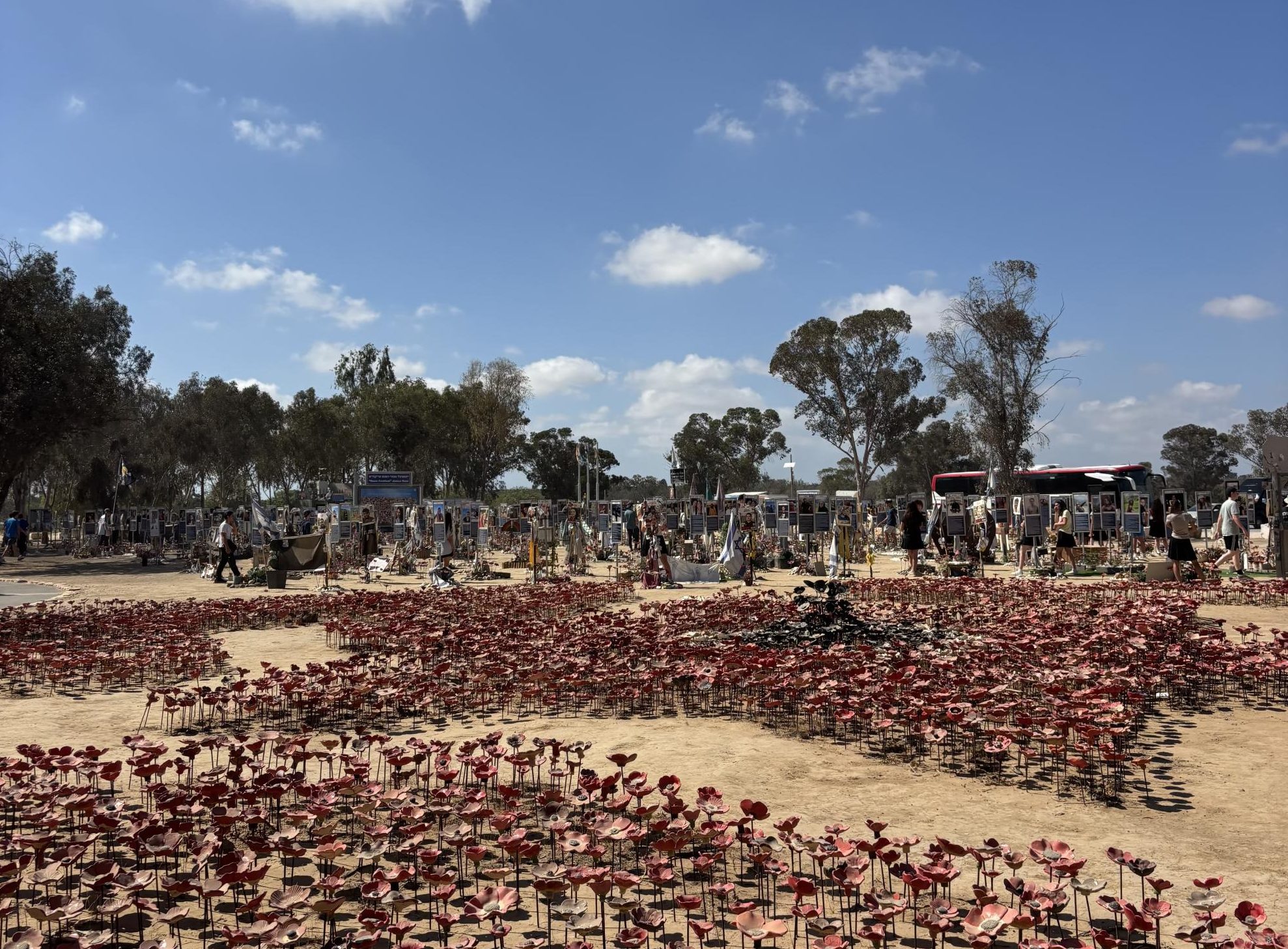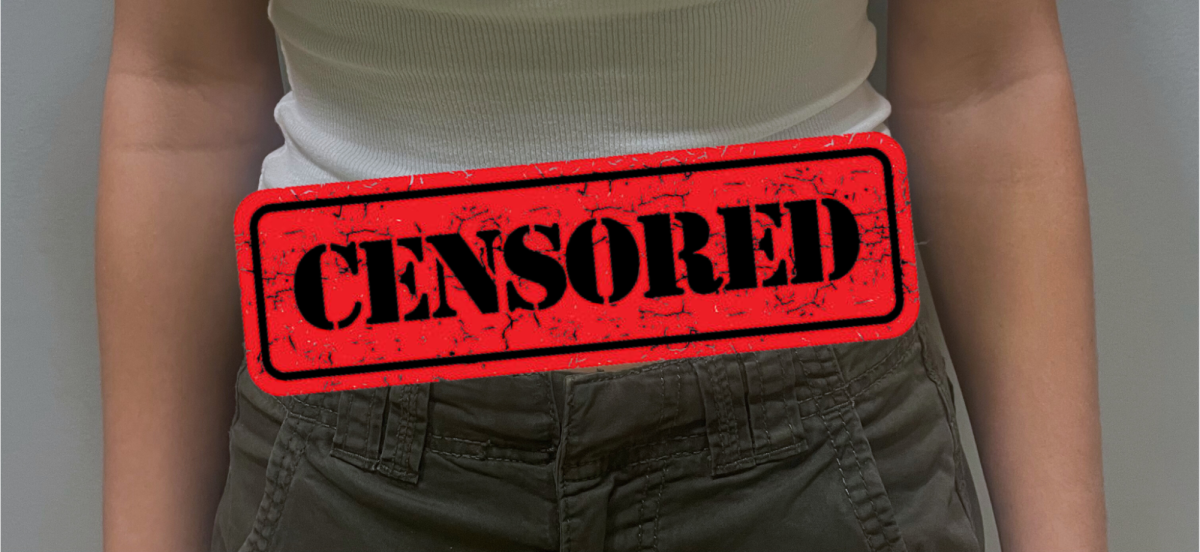The second anniversary of the Israel-Hamas War marked two years since the deaths of thousands of Israeli citizens and soldiers, and the captivity of the 251 Israeli hostages. Over these past two years, Jewish teens in America have followed the continuous events and tragedies of our brothers and sisters in Israel.
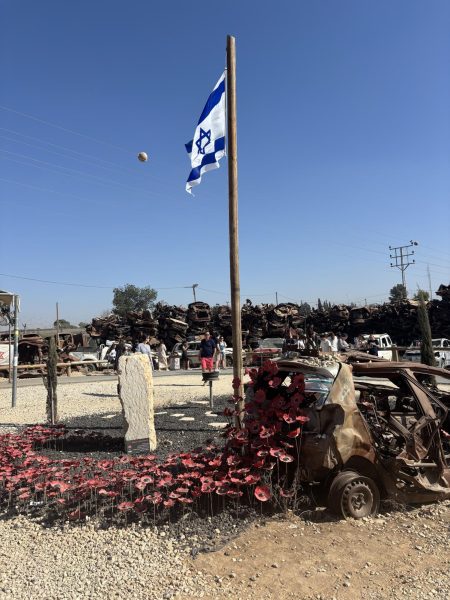
Thankfully, this anniversary coincides with the first hostage deal proposal that Hamas has given serious consideration to, and it is moving along quickly.
Every previous proposal had an instant shutdown; however, this one has gone further through with the negotiations, “and been given a little more thought by Hamas,” David Wasserman, a senior at HBHA, said.
The first phase of President Trump’s peace deal is a 20-point plan. The bullet points include the “return (of) all 48 remaining hostages being held in Gaza,” the release of “250 life sentence prisoners plus 1,700 Gazans who were detained after 7 October 2023,” according to BBC News.
Since October 7, 2023, the media and public Jewish life around the world has evolved. Jack Yunis, a senior at Salantar Akiba Riverdale High School (SAR), in Riverdale, N.Y., commented, “A lot has changed since then (October 7th), and not only with the hostages, but with the war and Jewish life in the diaspora.”
According to CBS News, as of October 4th, Hamas has “agreed to key portions of Mr. Trump’s original proposal,” wrote Walsh, a writer for CBS. This recent turn of events has uplifted Jewish teens around the world, several of whom have been keeping up with the latest updates themselves.
“I’ve done a lot of research on it (the recent hostage proposal), reading on it, kind of just trying to understand it because at first I was in shock that it was real,” Jonah Stein, a senior at Blue Valley North, shared.
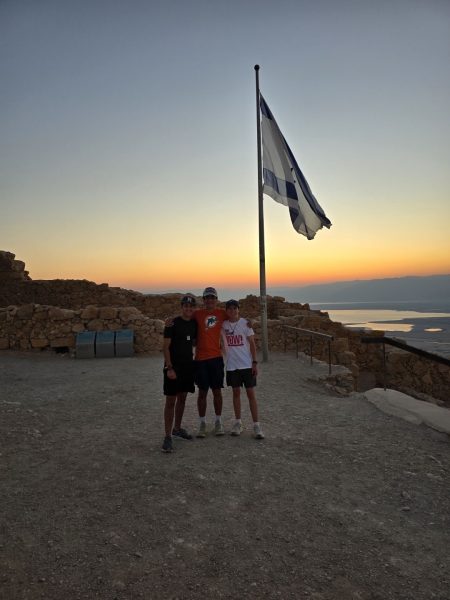
Photo provided by Jonah Stein
When asked about the hostage deal proposal, Xander Denn, a junior at Akiba Yavneh Academy in Dallas, said, “It sounds like it (the proposed deal) is a big demand, and it’s about time.”
Throughout these past two years, not only has Israel had far too many losses, their soldiers and civilians, but Denn noticed an empty void in the country’s culture. That hole-like feeling formed when Israel was attacked, and once all of the hostages, God willing, return to Israel, “I think it (the empty void) will be almost completely restored, but all of the casualties also impact the fullness of the country and of the people,” commented Denn.
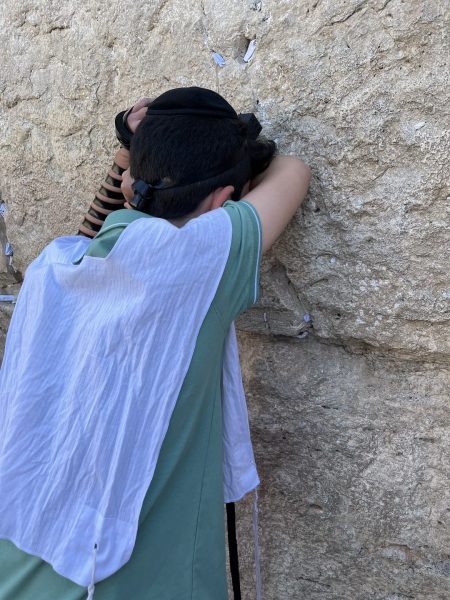
In Dallas, Denn and his friends visited a hostage’s father, who can not speak due to a stroke, to sing nigunim (Jewish songs) to him. The hostage’s cousin talked to them about the hostage, and how he was resilient and hardworking like his father. “It was crazy to see how much pain he had in his eyes, and it’s crazy that two years he’s (the man’s son) been gone,” Denn said.
Liel Levy, a junior at Katz Yeshiva High School (KYHS) in Boca Raton, Fla., is visiting Israel while phase one of the Peace Treaty is being approved. Levy, “actually saw, a parade…[with] a lot of yellow flags…the symbols,” representing the hopefully, soon-to-be returned hostages, and “I can see everyone’s definitely very happy, and it’s been a really long time coming,” Levy said.
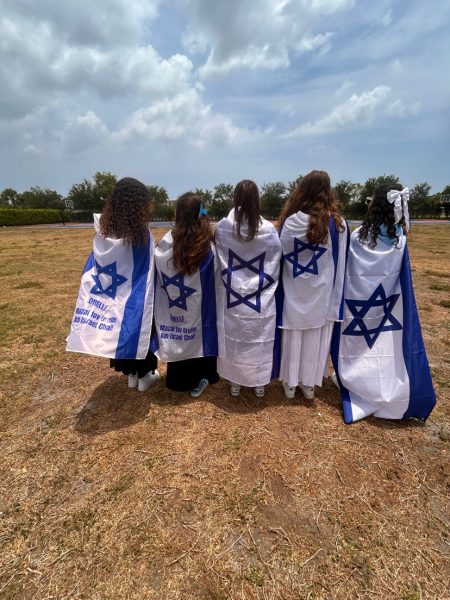
She said, “It’s honestly really heartbreaking because the hostages are innocent people that they took hostage, and the prisoners actually committed bad crimes.” Furthermore, Levy made the connection that releasing prisoners is “the reason why October 7th happened.”
“Everyone says, don’t negotiate with terrorists, but I feel like this is definitely a different circumstance,” Levy continued. She also shared her worries regarding the trust Israel is putting in Hamas. “You never really know if you can really trust this,” deal agreement, since Hamas is a terrorist organization rather than a real government, according to the Congressional Research Service.
Israel’s National Security Minister, Itamar Ben-Gvir, said that he would “not be able to raise our hands in favor of a deal that releases those murderous terrorists, and he will vote against the Israeli government,” the Jerusalem Post Staff wrote.
Yunis spoke about Israel’s initial two goals for this war: bringing all of the hostages home and “to dismantle [Hamas] completely.” Which is something phase one of the Trump peace deal does not cover.
The peace deal highlights Israel’s promise of always bringing its citizens home to their families, and Israel is showcasing that through their current actions in the first step of the peace deal. It demonstrates the importance and to what length Israel will go to bring our people home.
However, Levy debates on the logical standpoint of releasing 2,000 Gazans, including 250 prisoners (The Times of Israel), “doesn’t make sense because we’re returning back so many more prisoners [than hostages we are getting in return].” From the emotional perspective, it is important for Hamas to return the hostages, to end this war.
Throughout the past two years, Jewish teens — alongside the global community — witnessed the horrors caused by Hamas, followed the news, and formed their own opinions on different aspects of the Israel-Hamas War timeline.
After two years of learning in school about the tragedies of Israeli citizens, praying for the Jewish nation, and coming together as Jewish people, Jewish teens have followed along throughout the journey and stayed connected to the continuous updates. As the first phase of the peace deal unfolds, we hope that all 20 of the living hostages will be returned home within the coming few days.

